
Topics
Keywords
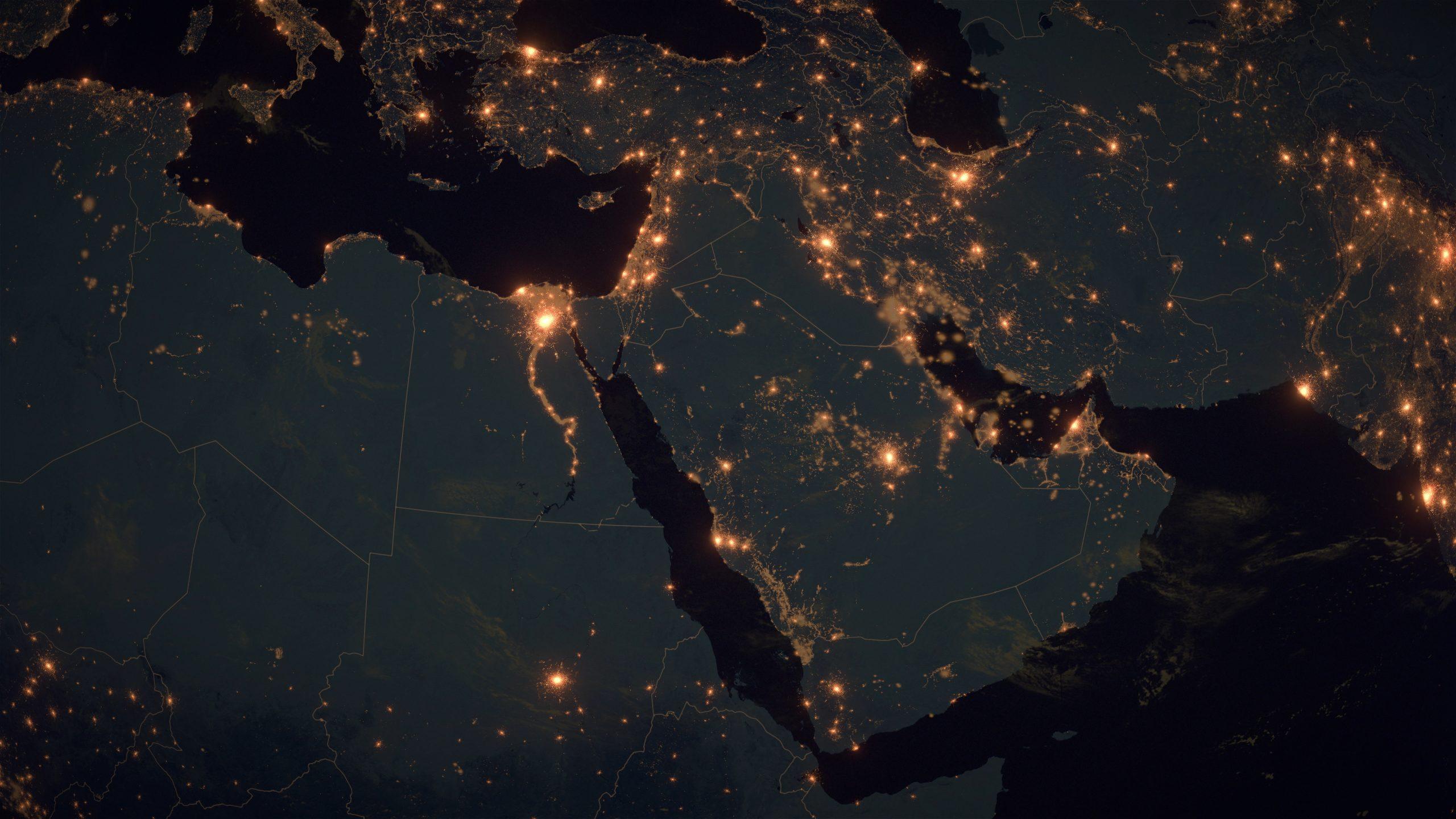
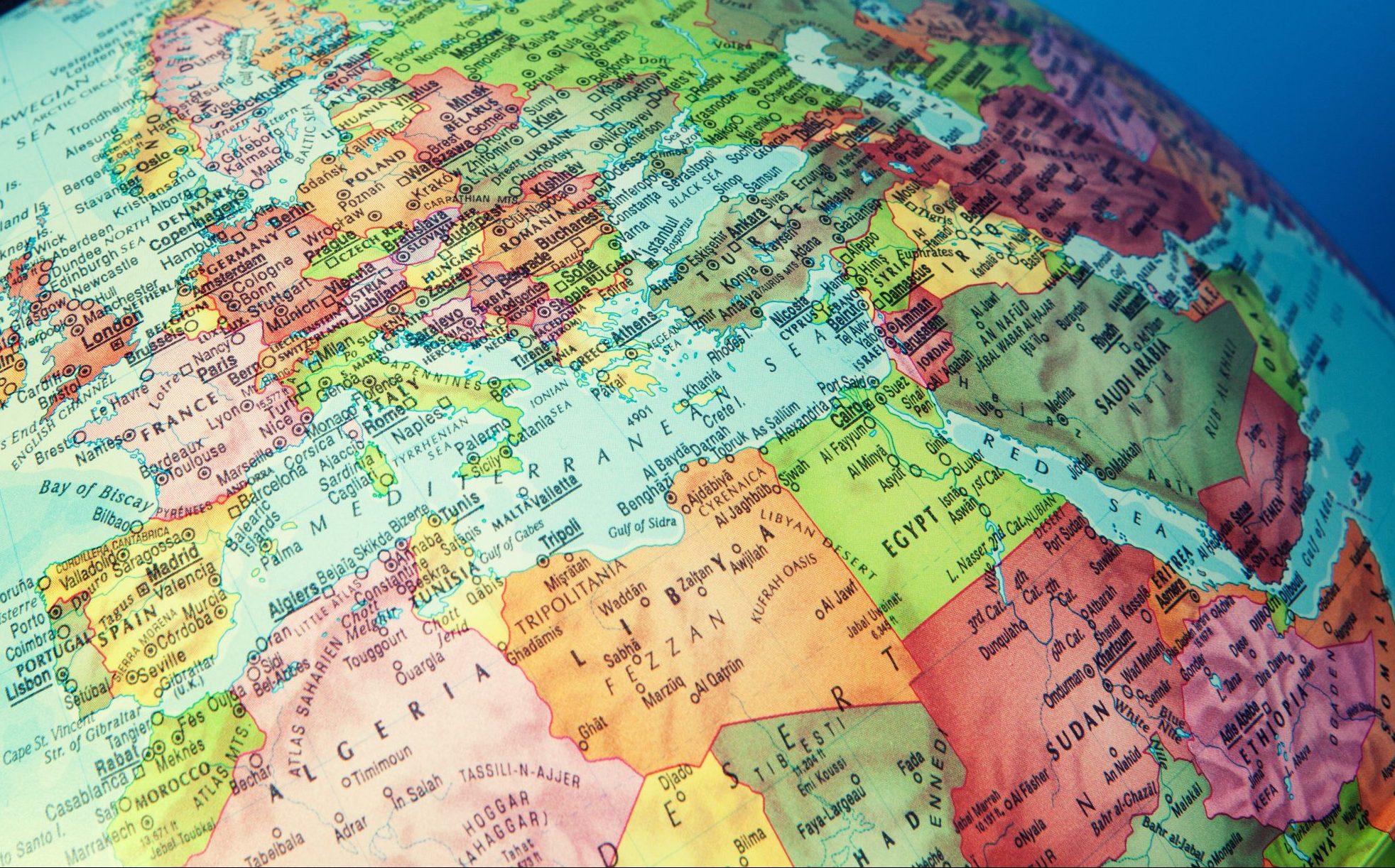
ORIENT II 2022: Germany’s role in the MENA region: Between continuity and change
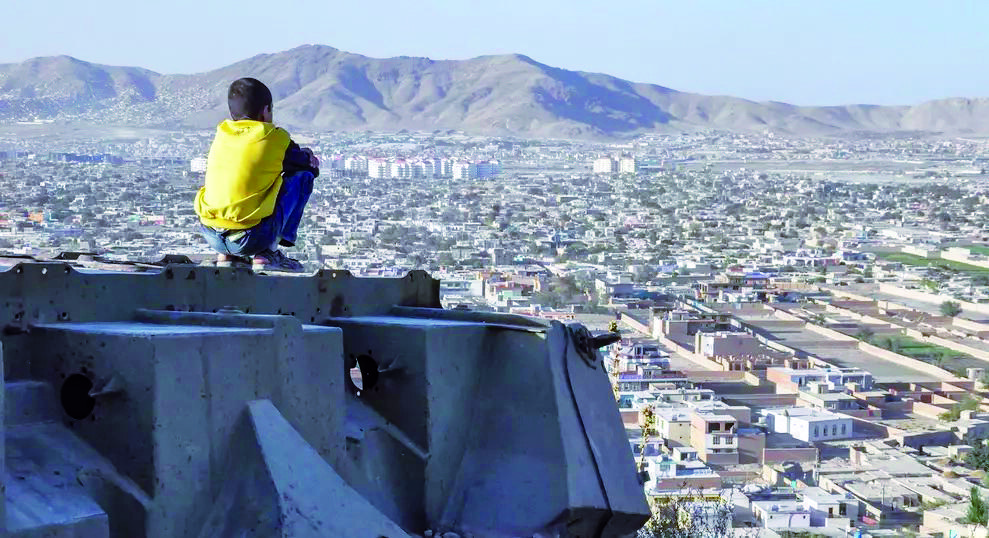
ORIENT I 2022: Afghanistan
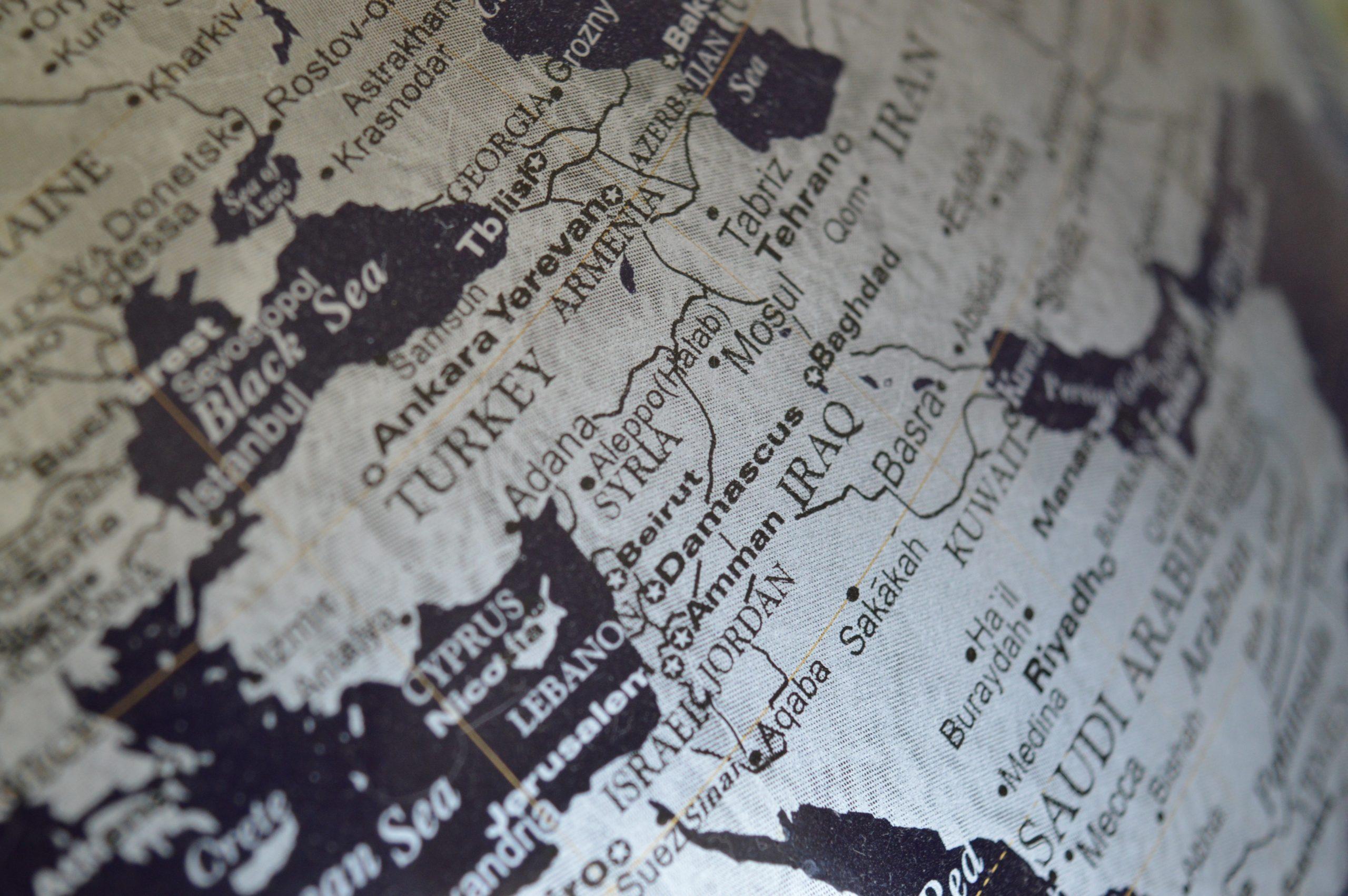
ORIENT IV 2021: External actors’ role in the MENA region
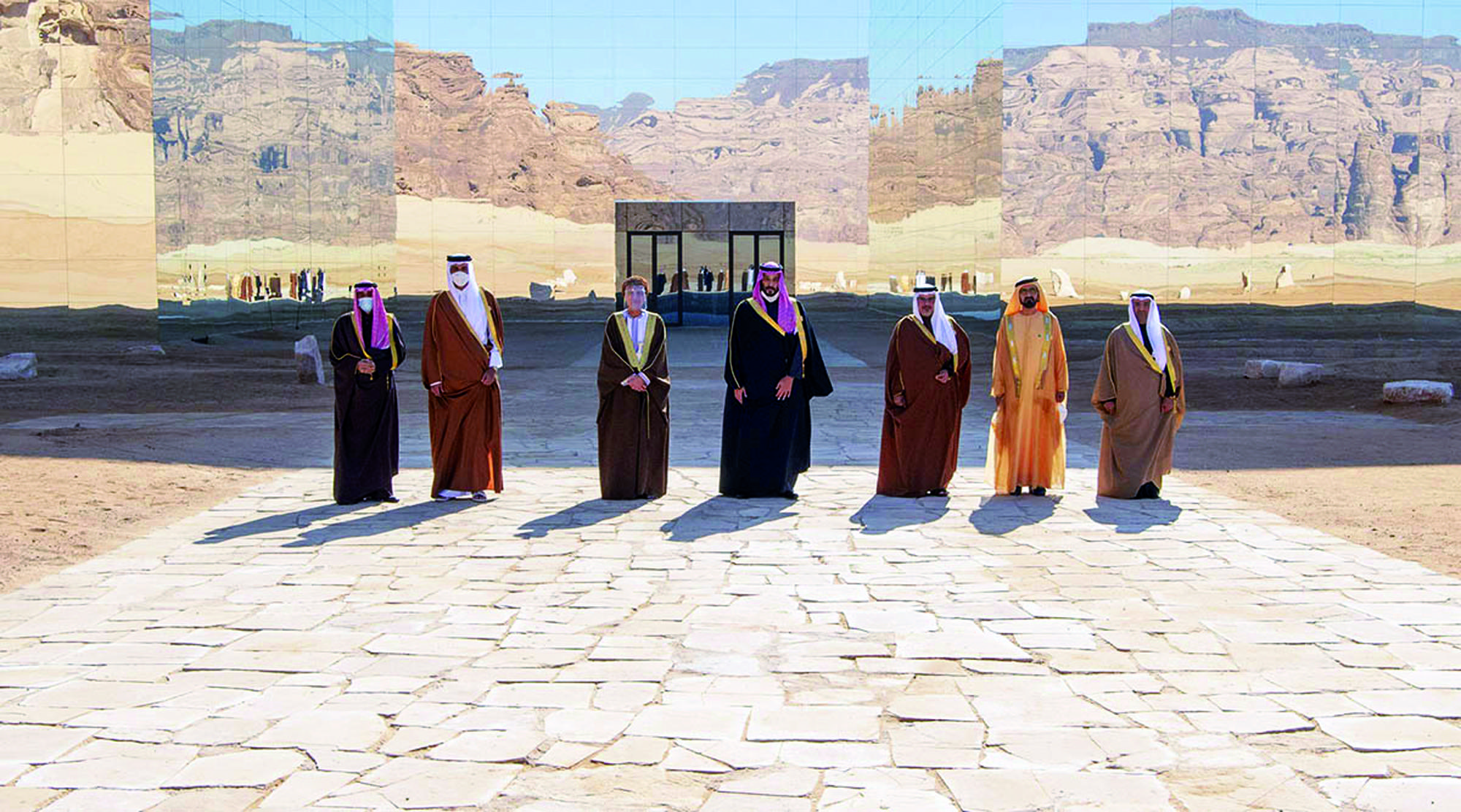
ORIENT III 2021: Rapprochement in the GCC
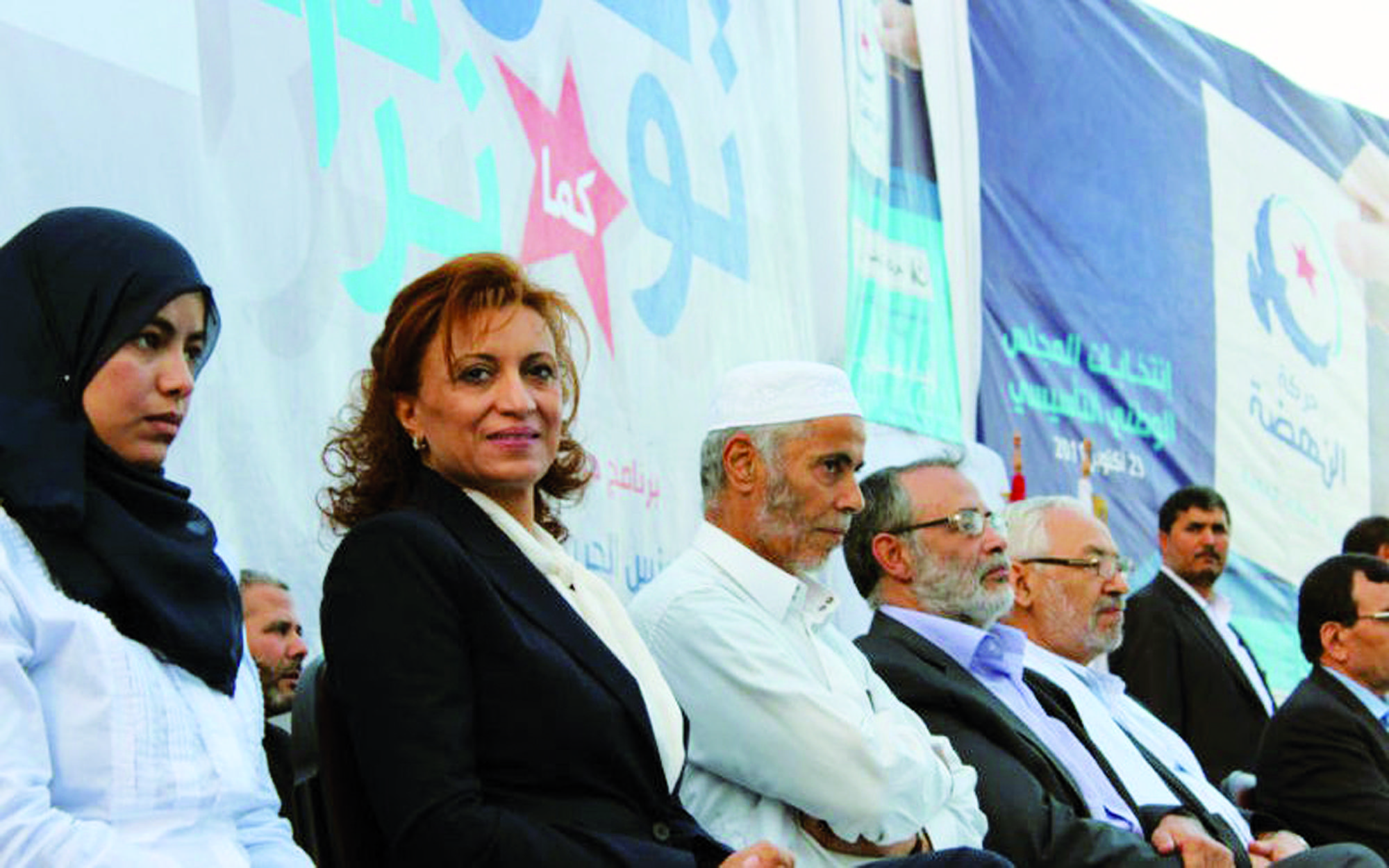



Ahrar al-Sham al-Nusra al-Qaeda Bashar al-Assad Caeser Act Civil Resistance Civil War Conflict Counter-Terrorism Democratic Union Party (PYD) Energy Sector Foreign Investment Free Syrian Army Hayat Tahrir al-Sham Humanitarian Aid Industrial Organisation Infrastructure Islamic State Jaish Khalid bin al-Walid Kurdish Groups Kurdistan Democratic Party (KDP) Kurdistan Workers’ Party (PKK) Land and Property Restitution Militarisation Operation Peace Spring People’s Protection Units (YPG) Post-War Recovery Rebel Groups Rebuild Syria Conference Reconstruction Refugees Sanctions Southeastern Anatolia Project Syrian Democratic Forces Turkish Strategy Uprising






Fatiha Dazi-Héni
7,90 €Add to basket
Christopher M. Davidson
Christopher M. Davidson is an associate fellow of the Henry Jackson Society, a former reader in Middle East politics at Durham University, a former visiting associate professor at Kyoto University in Japan and a former assistant professor at Zayed University in the UAE. His books include From Sheikhs to Sultanism: Statecraft and Authority in Saudi Arabia and The UAE and Shadow Wars: The Secret Struggle for the Middle East.
7,90 €Add to basket
James M. Dorsey
James M. Dorsey is an award-winning journalist and scholar, Adjunct Senior Fellow at Nanyang Technological University’s S. Rajaratnam School of International Studies and the author of the syndicated column and blog The Turbulent World of Middle East Soccer.
7,90 €Add to basket
Hamdy A. Hassan
Hamdy A. Hassan is Professor of Political Science at Zayed University, Dubai, UAE. He is also a Co-Chair of RC44 – Security, Conflict and Democratization, IPSA, receiving his Ph.D. in Comparative Politics from Cairo University and Maryland University (1990). In 1999 he was granted an Egyptian State Award in Political Science. His research focuses on African Politics, Conflict & Security Studies, Radicalisation and Islamic Discourse.
7,90 €Add to basket
Anna Reuß
Anna Reuß is a doctoral researcher at the Chair of International Politics and Conflict Studies at the University of the Bundeswehr, Munich. Her research focuses on conceptual and regional aspects of security in International Relations.
7,90 €Add to basket
Natalie Koch
Natalie Koch is Professor of Geography at Syracuse University’s Maxwell School of Citizenship and Public Affairs. She is a political geographer working on authoritarianism, geopolitics and the territorial state system. Her empirical research in the Arabian Peninsula focuses on alternative sites of geopolitical analysis, including sports, science, environmental policy and urban development. She is the editor of the new book Spatializing Authoritarianism (Syracuse University Press, 2022) as well as Critical geographies of sport: Space, power, and sport in global perspective (Routledge, 2017). In August 2022, she will begin as the new Professor of Human Geography at Heidelberg University.
7,90 €Add to basket